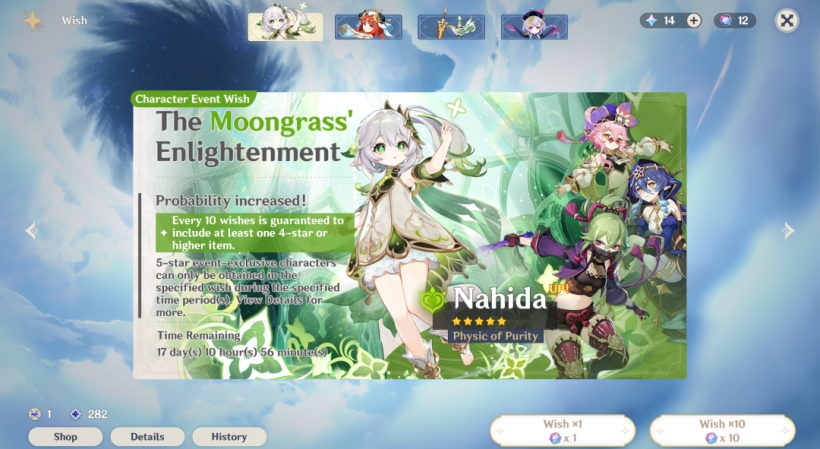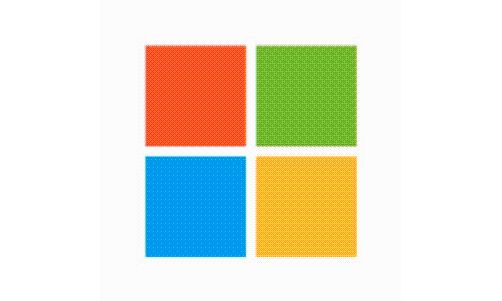As previously mentioned in our last article, Microtransactions have negatively impacted video game design and the industry. Many gamers have pushed back against video game developers who want to add microtransactions to their video games despite paying full price.
However, while other forms of microtransactions have become acceptable as modern gaming grows, there is one form that preys on people's vulnerabilities to try their luck at digital lottery through gacha mechanics.

Gamers At DreamHack Digital Festival A gamer uses a computer mouse illuminated with red lights while using a laptop computer at the Dreamhack digital festival in Moscow, Russia, on Saturday, Dec. 5, 2015. Dreamhack is the world's largest digital festival and meeting place for gamers, fans and e-sport enthusiasts. Photographer: Andrey Rudakov/Bloomberg via Getty Images
Here's how it gets people to spend their hard-earned money to get a digital commodity:
What Is Gacha Mechanics
Gacha mechanics is the gaming community's term for a casino's digital slot machine. The word "gacha" comes from the Japanese pronunciation of the English word "gotcha" and the "gachapon" or gacha machines prevalent in the country, per Android Police.
Gacha mechanics work just like their real-world counterparts in gacha machines. They contain a set amount of items of varying quality for people to acquire in exchange for a token that costs money.
However, unlike their real-world counterparts, gacha mechanics mix some monetization into the concept. Video game developers put the best items in with a game's rare, uncommon, and common items so people who would like to have in a game to have a better experience have to earn or buy special tokens to get a chance to acquire the items they want.
Game developers also decrease the odds of players getting an item the better/rarer it is.
This monetization mechanic is normally present in free-to-play games that could either be pay-to-win (games in that you have to pay for stuff to get a good experience) or "grindy" to the point that the only way to get a good time is to go through the gacha mechanic.
Why Gacha Mechanics Are Predatory
luckiest pull of my life
by u/Lost-Breakfast3920 in GenshinImpact
To better visualize this distribution, here is how Genshin Impact, a video game that implements gacha mechanics, distributes the probability of getting a good item at their base rate:
- A 3-star weapon is obtainable at a probability rate of 94.3%
- A 4-star character or weapon is obtainable at a probability rate of 5.1%
- A best-star character is only obtainable at a probability rate of 0.6%
From these rates alone, you could already see how unlikely players could get a 5-star character unless they roll some more, which means either earning more tokens to get the "machine" running again or buying them with real-world money - the more tokens you buy, the more chances you have at getting the item/character you want.
Comment by u/EACommunityTeam from discussion Seriously? I paid 80$ to have Vader locked? in StarWarsBattlefront
Some games separate their gacha machines for in-game items, characters, and sometimes even abilities from each other; EA's Star Wars: Battlefront 2 does exactly that. Though these items, abilities, and characters are readily available for players to acquire through its gacha machines, they come in different rarities; they perform better the rarer they are.
EA previously defended its decision to put gacha mechanics in the game with a reddit post that eventually became the most downvoted post in Reddit's history to date. The company said that winning a great item/character through the gacha machine gives someone "a sense of pride and accomplishment."
As such, games with a gacha mechanic like this eventually become more and more difficult for the player to get a good experience without resorting to buying some tokens to run the digital gacha machine (or roulette if you will.)
Read More: FCC To Modernize Satellite Regulations With New Space Bureau

However, some games like Genshin Impact and Fate Grand Order take this a step further - while they sometimes do separate their characters and items into their respective "banners," they also introduce a limited-time one that comes with an event-only character that doesn't come back until a long time passes.
As a result, the game developer artificially creates urgency for players to react to when hearing about the character, making them more susceptible to the fear of missing out. This fear makes them want to spend their hard-earned money to get the item or character they want before it's too late since there's no telling if or when the character will come back.
While some people avoid spending real-life money to get the character and items they want, it isn't uncommon for people to spend a few dollars here and there to get tokens for the gacha machine. Some even spend as much as $70,000 to get the gear they want on a gacha game - just watch the Wall Street Journal's video on Fate Grand Order.
NA FGO has updated the amount of quartz received per purchase pic.twitter.com/4Jr2TXRasB
— Kars (@KaroshiMyriad) July 8, 2018
What's worse is that these video games offer their tokens in bulk - you can't buy them per piece. For example: a saint quartz (the token gamers need to earn or buy in Fate Grand Order to run the gacha machine) costs 99 cents - a good deal for those who need only one to run the machine. However, those who want to run the machine more than a few times would have to cough up $39.99 for 76 saint quartz.
For those unaware, Fate Grand Order requires three saint quartz to "pull" or run the machine once and 30 saint quartz to run it ten times in one go. As a result, the $39.99 deal can only get you two ten-pulls and some leftovers for you to use once you earn enough saint quartz for a ten-pull again.
This token-buying by the bulk mixed with the fear of missing out or the fear of not getting a good time from playing a game creates a desire in gamers to spend as much as they need to get the time-limited character/item before it goes away (potentially for good.) This aspect of gacha mechanics puts people who are prone to gambling/ have a gambling addiction at risk of losing what they have left to get what they want.
Conclusion
Gacha mechanics is a monetization scheme that has people pull for the items they offer because of one of two things -maybe both: a time-limited character/item is too good to pass up, or the game is way too hard to finish normally without pulling for the items the gacha offers.
Many gamers have pushed back against video game developers who want to add bad game design to force people to buy tokens and pull from the gacha just as much as they did with microtransactions.
Is it predatory? It probably is. Does it work in game developers' eyes? One quick look at how much Genshin Impact earned on its gacha alone answers that question in the affirmative.
Related Article: Can Video Games Be Used to Teach Positive Behavioral Skills and Conflict Resolution?














